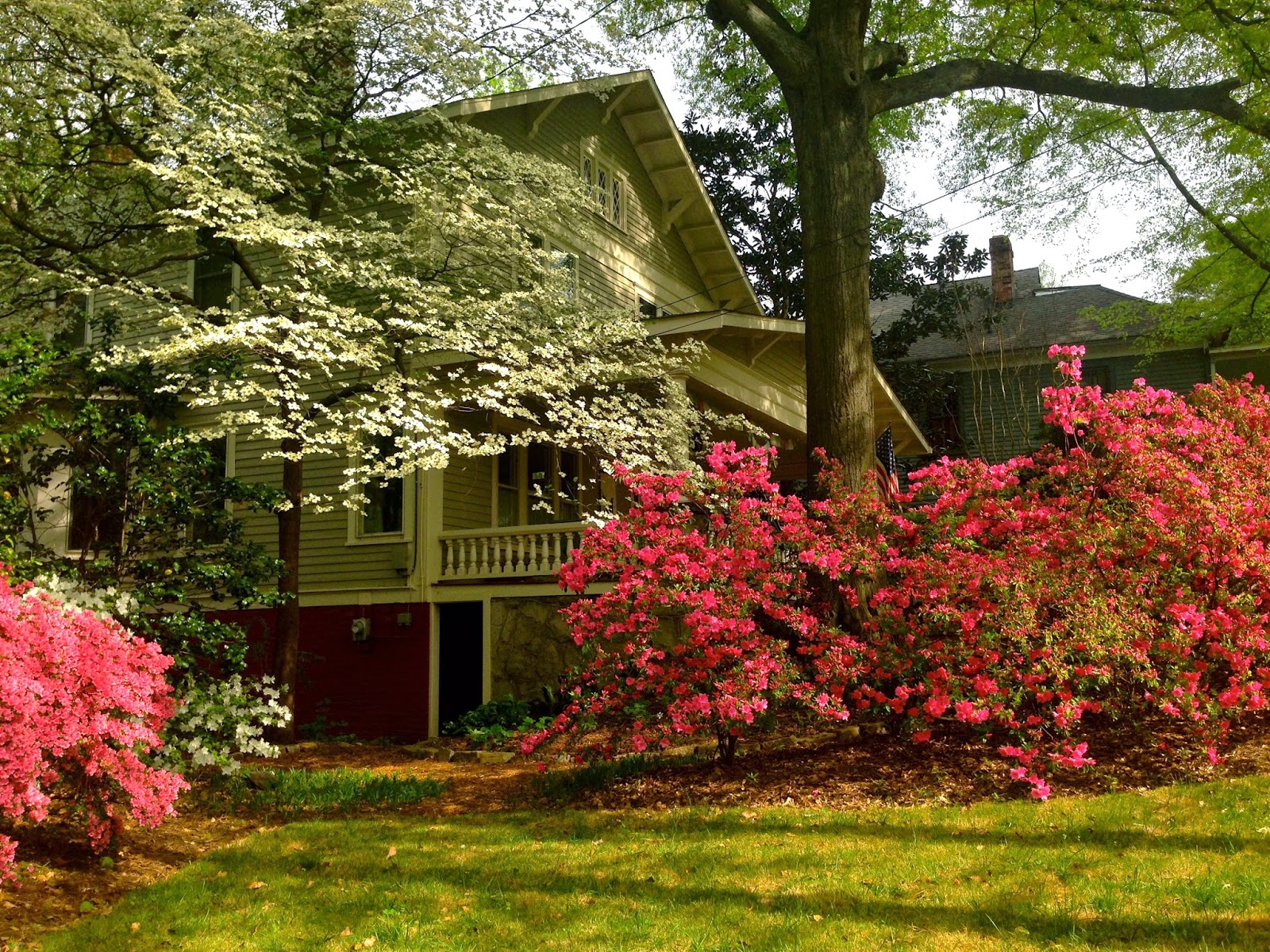Harold Fry, 65 years old and newly retired, is living a pretty dull life in his house in a small English village with his wife Maureen, who spends her life cleaning the house, being annoyed with Harold, and waiting for their adult son David to return home. When Harold receives a letter from a long ago friend and co-worker, Queenie, telling him that she is dying and saying goodbye, he feels badly ("Gosh," he says), and decides to send her a letter. It stirs something in him, because apparently Queenie had done something nice for him twenty years earlier. As he walks to the post office to mail the letter, he finds he cannot stop. He walks to the next post office, and then on. As crazy as it sounds, he decides to walk the 627 miles from his hometown in Kingsbridge near the English Channel north to the hospice where Queenie lies dying in Berwick-upon-Tweed. He convinces himself that if he keeps on walking, Queenie will stay alive.
"If we don't go mad once in a while, there's no hope.”
Harold starts out in a kind of wonder, marveling at the countryside before him, enjoying the physical task of walking, the fresh air, being out of his confining house (life), enjoying the cast of odd characters he meets along the way and who join him for awhile, lost in their own troubles. The descriptions of the English countryside are wonderful and you begin to feel you are on the journey with Harold.
“... He went under the stars, and the tender light of the moon, when it hung like an eyelash and the tree trunks shone like bones. He walked through wind and weather, and beneath sun-bleached skies. It seemed to Harold that he had been waiting all his life to walk. He no longer knew how far he had come, but only that he was going forward. The pale Cotswold stone became the red brick of Warwickshire, and the land flattened into middle England. Harold reached his hand to his mouth to brush away a fly, and felt a beard growing in thick tufts. Queenie would live. He knew it.”
As he walks and keeps moving forward, Harold is also thinking backward, reflecting on his unhappy childhood, and on his role as husband, father, friend. He remembers first meeting his wife, the birth of his son, and thinks about the mistakes he has made in his life, and the troubled relationship with his son David. The walk becomes more and more difficult, both physically and emotionally, and he begins to doubt himself, but somehow Harold keeps putting one foot in front of the other. At one point, people catch on to what Harold is doing and the newspapers get wind of it and Harold is famous for a time. But ultimately it is Harold alone trying to get to Queenie. Paralleling Harold’s walk, his bewildered wife Maureen starts thinking about her life too, begins to see Harold in a different way, plants a garden, befriends a neighbor, and takes down the curtains that have been blocking the world from her house and her life.
Quirky and thought-provoking, I enjoyed the book very much.


























































